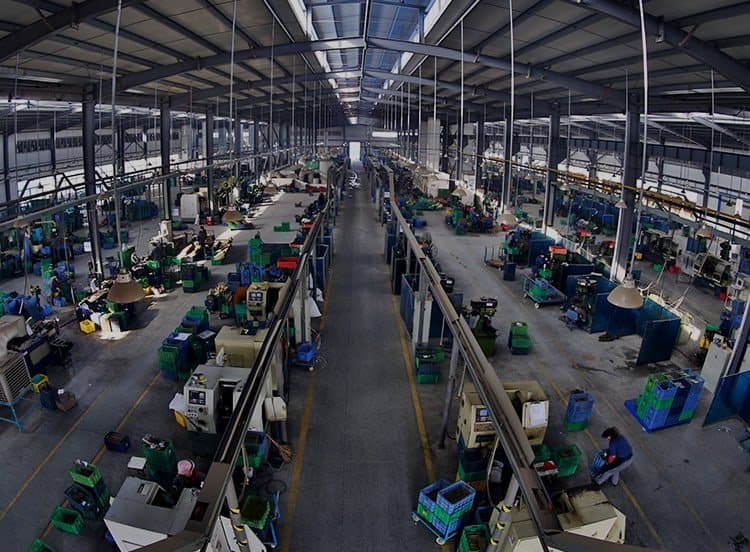
Minnie Che is a student at Harvard Law School.
Democratic Senator of New Jersey, Bob Menedez, has called out U.S. firms for willfully overlooking the “horrific” labor conditions of companies in China’s Xinjiang region. In a letter to Commerce Secretary Wilbur Ross, Menendez called upon the Commerce Department to stop American companies from buying goods produced by forced labor. He named Apple, Coca-Cola, Kraft Heinz, and the Gap among the companies that are still continuing to source their products from Xinjiang. Citing reports of forced labor conditions of companies in Xinjiang, Menendez alleges that, “these companies may be complicit in the mass repression of Uighurs, ethnic Kazakhs, Kyrgyz, and members of other Muslim minority groups.” Menendez has called for sanctions on China. He is also requesting more information about government contractors who buy cotton from China, as 84% of which is produced in Xinjiang.
In related news, Nike has issued a statement on its website that it plans to review the hiring practices of its suppliers after reports surfaced that members of the Uighur Muslim minority were engaged in forced labor conditions to make Nike Shoes. In its statement, Nike denies directly sourcing goods from Xinjiang but admits that it is conducting assessments of its suppliers that may have employed labor through coercive contracts. The report at issue estimates that more than “80,000 Uighurs were transferred to work in factories throughout China between 2017 and 2019.” This coincides with China’s mass detention and surveillance of ethnic minorities in Xinjiang. Nike has stated that it is collaborating with other industry trade associations to address the issue of forced labor, including the American Apparel & Footwear Association, the National Retail Federation and the Footwear Distributors and Retailers of America.
President Trump’s Travel Ban and anti-immigration policies have led to a historically low number of immigrants entering the United States in 2019. These policies may result in a labor shortage in the United States, with the Labor Department reporting more than 6.4 million job openings and only 5.8 million people looking for work in the United States. Former acting White House chief of staff Mick Mulvaney has stated, “We are running out of people to fuel the economic growth.” As the baby boom generation retires, more workers will be necessary to fuel the economy and finance Social Security and Medicare. Without immigrants, it is uncertain how the United States will continue to maintain its economic growth.
The California Labor Commissioner’s Office has cited the owners of Genwar Korean BBQ, an upscale restaurant in Los Angeles and Beverly Hills, for $2.1 million multiple wage theft and labor law violations in regards to 325 servers, dishwashers, and cooks. Labor Commissioner, Lilia García-Brower, stated that the restaurant required workers to leave and return to work without proper split shift premiums. This practice exploits workers and provides an unfair advantage over other restaurants that abide by the law. The investigation began after a payroll audit at the restaurant revealed that full-time staff were being forced to clock out for one hour up to three times a day during an 11-hour workday, depriving them of their full wages. None of the staff were allowed proper rest or meal breaks, as required by law. Nearly half were not paid the required minimum wage. The Commissioner’s Office has ordered the restaurant owners to pay $1,428,759 to affected employees in addition to civil penalties for the violations.






Daily News & Commentary
Start your day with our roundup of the latest labor developments. See all
February 4
Lawsuit challenges Trump Gold Card; insurance coverage of fertility services; moratorium on layoffs for federal workers extended
February 3
In today’s news and commentary, Bloomberg reports on a drop in unionization, Starbucks challenges an NLRB ruling, and a federal judge blocks DHS termination of protections for Haitian migrants. Volatile economic conditions and a shifting political climate drove new union membership sharply lower in 2025, according to a Bloomberg Law report analyzing trends in labor […]
February 2
Amazon announces layoffs; Trump picks BLS commissioner; DOL authorizes supplemental H-2B visas.
February 1
The moratorium blocking the Trump Administration from implementing Reductions in Force (RIFs) against federal workers expires, and workers throughout the country protest to defund ICE.
January 30
Multiple unions endorse a national general strike, and tech companies spend millions on ad campaigns for data centers.
January 29
Texas pauses H-1B hiring; NLRB General Counsel announces new procedures and priorities; Fourth Circuit rejects a teacher's challenge to pronoun policies.